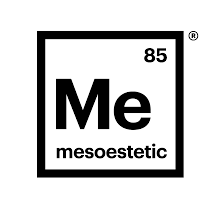After the publication of the long-awaited Keogh Report last year, Health Education England are working with regulators and royal colleges to review the qualifications required to carry out non-surgical cosmetic procedures in the Health Education Review . Their recommendations are expected at the end of April.
The outcome of the review could be a pivotal moment in the industry, both for professionals and patients. Our team have been following HEE’s research as closely as we can, including attending one of their recent workshops, to keep up to speed with any developments.
So what might the HEE review mean for professionals in the industry?
In our opinion, any measures to improve standards can only be good for the industry and benefit both patients and practitioners. We would absolutely welcome any reforms that mean our delegates can go out and practice the treatments they have learned with us as confidently and safely as possible.
Of course, while the outcomes of the review are as yet unknown, we currently don’t know whether HEE will suggest any changes. But if new recommendations are made, we will work with all our delegates, past and present, to ensure they meet the new standards.
We are dedicated to offering the highest quality aesthetic training in the UK, and best practice is always our aim. With that in mind, we will continue to keep abreast of any changes and be sure to keep you informed along the way.
Cosmetic Courses are one of the UK’s most established providers of medical aesthetic training, with over 10 years’ experience to date. Our expert team come from a variety of medical backgrounds, and diverse industries, and all make it their business to keep at the very forefront of developments in the industry. For more information on Cosmetic Courses or the training we offer, contact the team on 01844 390110 or email [email protected].







